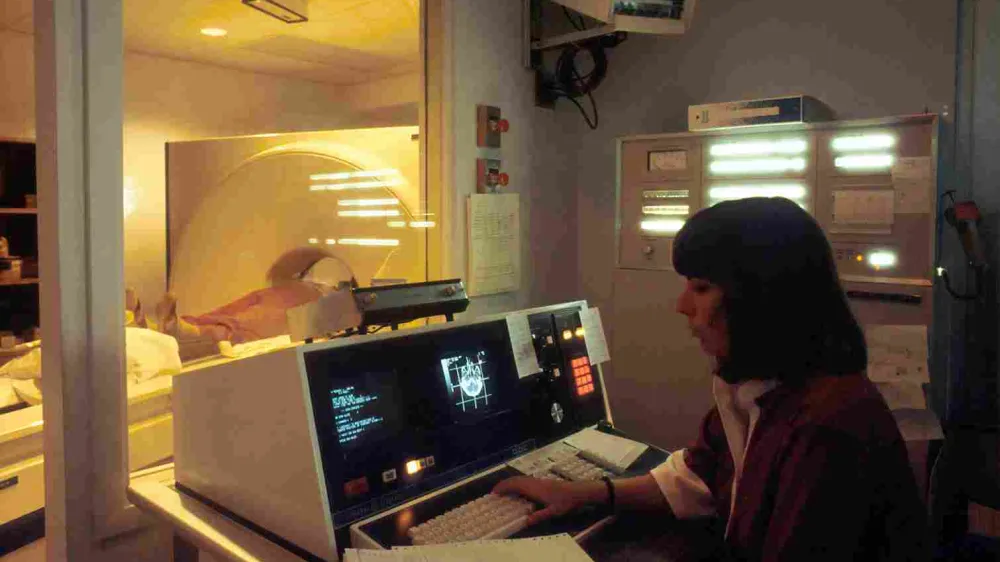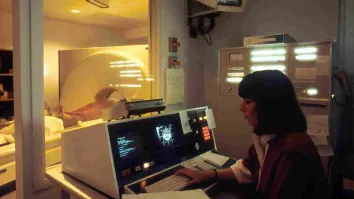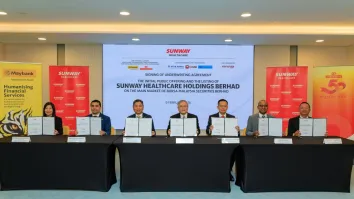MagIC advances gut microbiome research for improved treatment outcomes
The centre’s technology has driven stool transplant therapy’s success rate to over 90%.
ADVANCING gut microbiome research for human health, Microbiota I-Centre (MagIC) leads a new project with a technology dedicated to improving outcomes for faecal microbiota transplantation (FMT).
During this year’s Asia Summit on Global Health (ASGGH), MagIC’s research assistant professor, Qi Su, shared that their group’s research revolves around the gut microbiome such as various bacteria, viruses, and archaea.
“A lot of microbiomes have an important association with human health and certain diseases such as obesity, diabetes, and COVID-19,” Qi said.
To enhance patient outcomes, the centre has conducted significant clinical trials, particularly for treating Clostridioides difficile infection (CDI), an intestinal disease, where FMT has been shown to cure up to 70% of patients, compared to the traditional method of antibiotics.
“In the past years, the success rate with CDI treatments varied from 40% to 80%,” Qi added.
In line with this, MagIC is utilising a machine-learning platform to create methodologies for selecting suitable FMT donors to enhance treatment effectiveness.
“Over the past couple of years, we have gone through 800 FMT procedures across Hong Kong and its success rate is over 90%,” he said.
Furthermore, the centre aims to expand beyond CDI to explore potential treatments for other conditions like autism and ongoing issues related to COVID-19, emphasising the broadened application of their gut microbiome research.
Adoption in Hong Kong hospitals
Currently, the centre’s technology has been adopted across 14 public hospitals across Hong Kong, indicating its accessibility within the region.
“We have been providing the tools to these hospitals so everyone can use our service under the supervision of the hospital authority,” Qi said.
Whilst currently focused on public hospitals, he expressed that they are at the initial stages of planning to extend collaborations to expand their technology’s impact across the globe.
“Someday, we will achieve it,” Qi ended on a high note.



















 Advertise
Advertise





